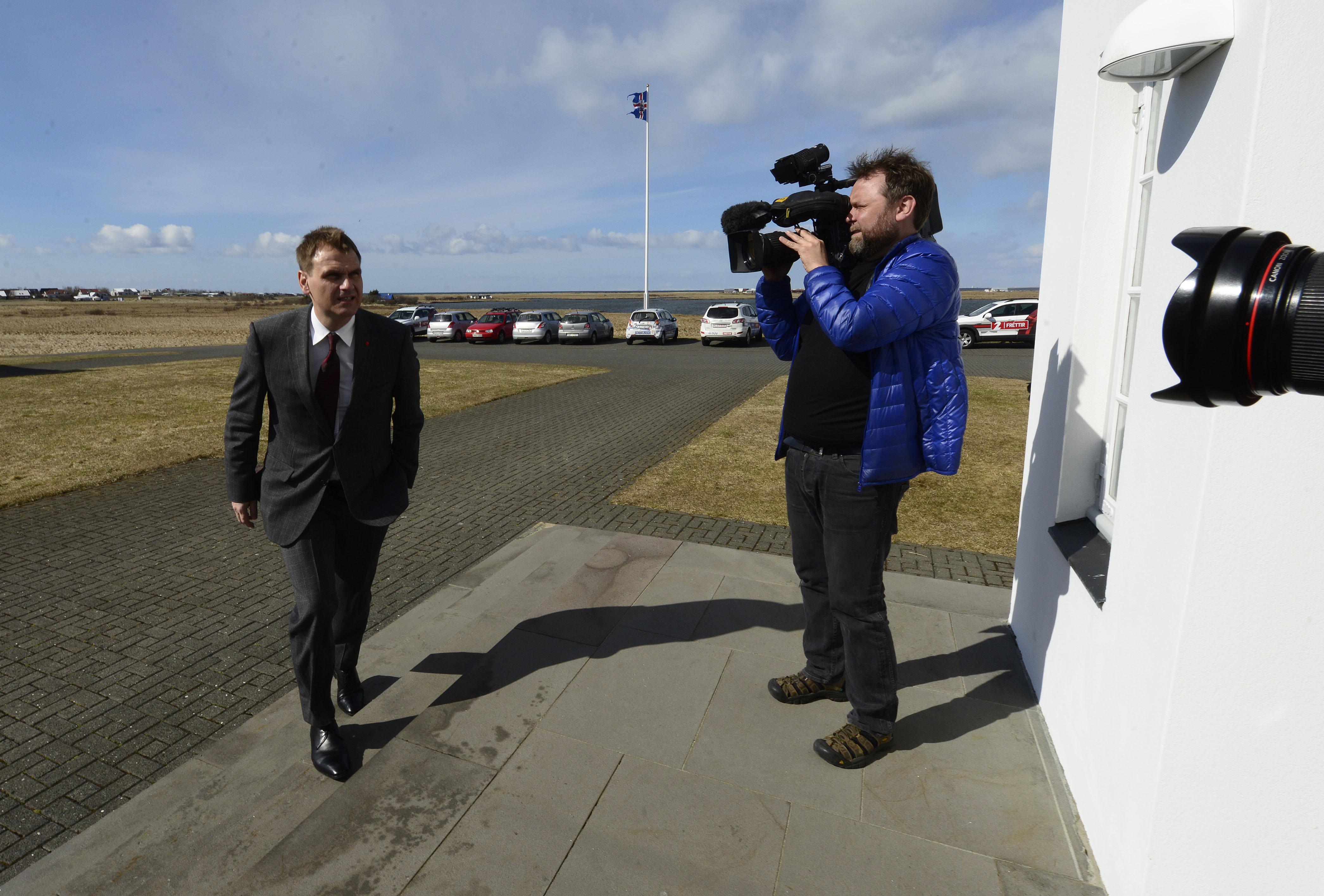Everyone is jumping on this Michael Kinsley critique of Paul Krugman today because it appears to vindicate a key Krugman claim that excessive moralism drives the politics of austerity. “I don’t think suffering is good,” Kinsley writes “but I do believe that we have to pay a price for past sins, and the longer we put it off, the higher the price will be.”
I don’t really think Kinsley is mistaken about this so much as he is mistaken about the nature of our sins and the nature of the price that has to be paid. Think about Iceland, a model that Krugman has hailed in the past, and consider their story of sin and redemption.
What Iceland did wrong was to essentially pretend that they’d developed a super-innovative new model of hyper-profitable banking. That innovation allowed Icelandic banks to offer generous terms to depositors to soak up more and more capital. But it turned out to be an illusion. The miracle of Icelandic finance turned out to be nothing more than poor regulation and tail risk. So the sector went bust and a huge blow was dealt to the economy. But rather than coping with the blow by implementing hard money and huge budget cuts, spurring mass unemployment and a years-long episode of penance, Iceland paid its penance through currency depreciation and repudiation of many foreign debts. You cannot escape your punishment this way. Depreciation and follow-on capital controls have made it much harder for Iceland’s citizens to go on vacation in Spain or study abroad in the United States than it used to be. Icelanders need to smelt more aluminum and catch more fish than ever before, even while consuming less than ever in foreign imports. Foreigners don’t want to lend Iceland money or loan money to Icelandic firms and households. Belts have to tighten. It’s an all-around bad situation.
But. Iceland’s unemployment rate is just over five percent*. The country is paying for the sin of excess debt with the penance of hard work. Which makes sense. When you discover you’re less wealthy than you thought you were, the appropriate response is to work longer hours to earn more money it’s not to quit your job. Longer hours and joblessness are both forms of punishment, but longer hours is a punishment that fits the crime.
* An earlier version of this post stated that Iceland’s unemployment rate was below five percent. In fact its OECD harmonized unemployment rate was 5.1 percent as of the most recent data.
